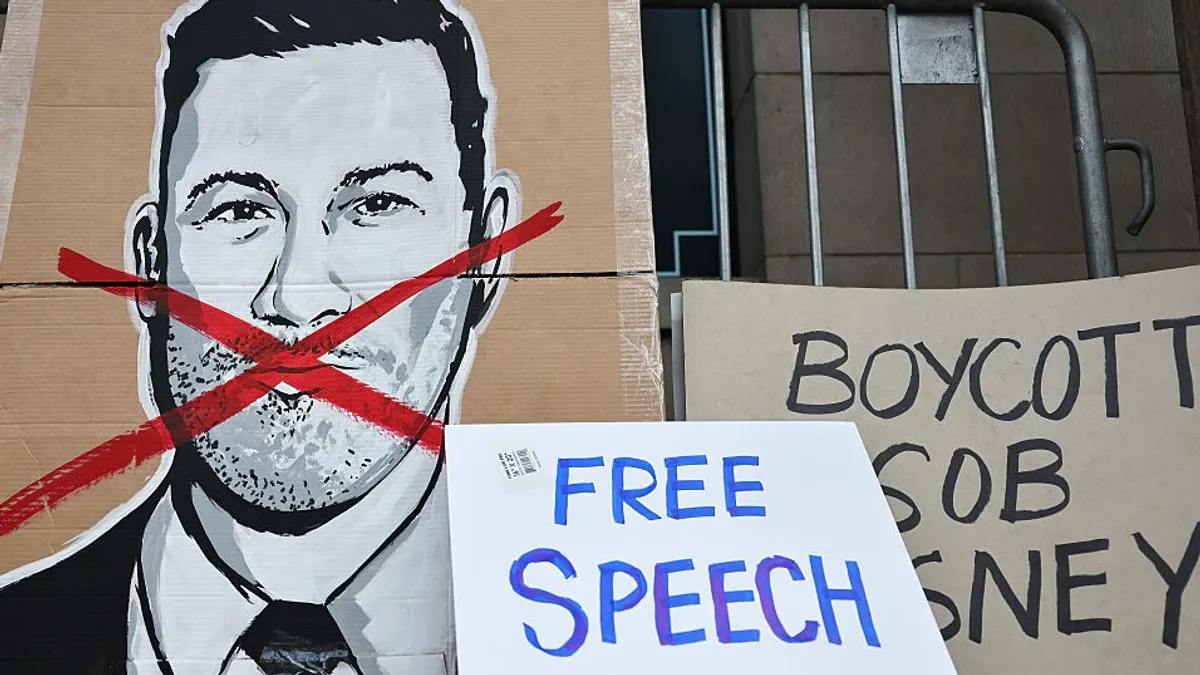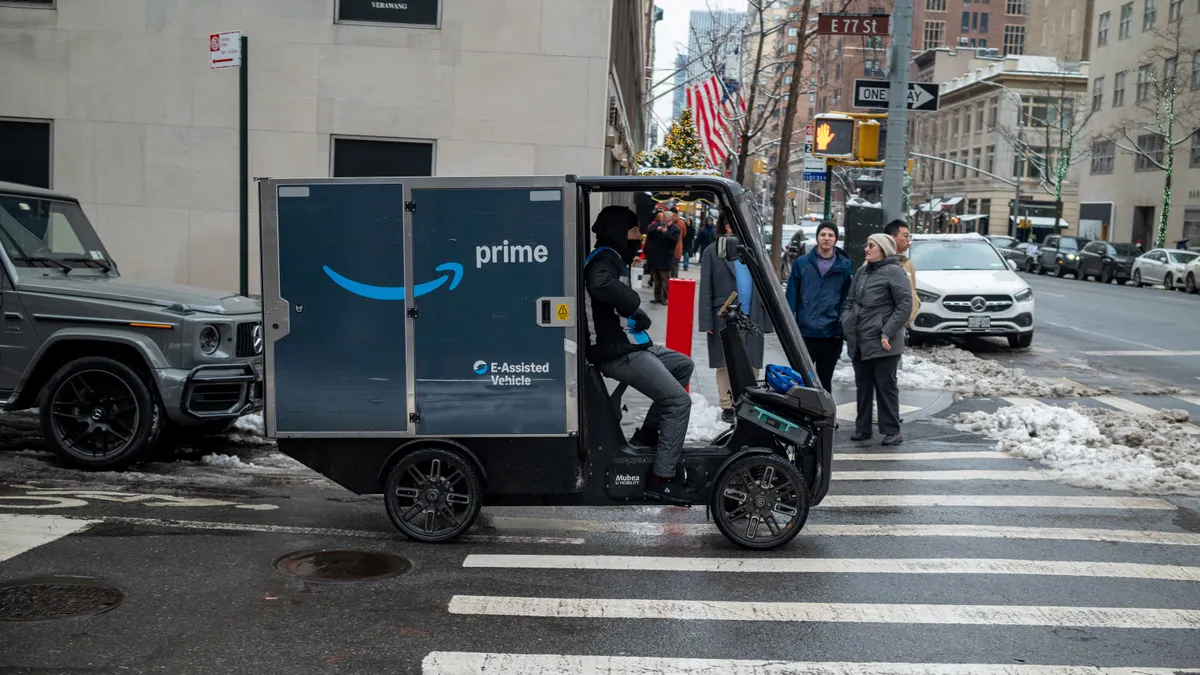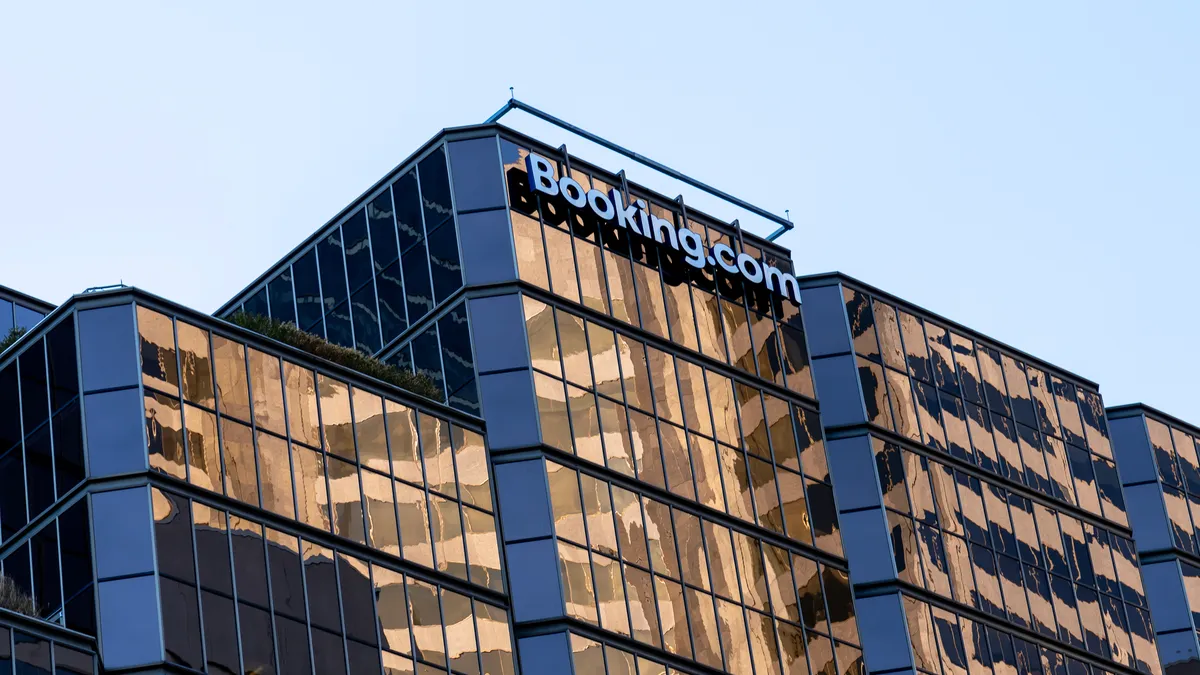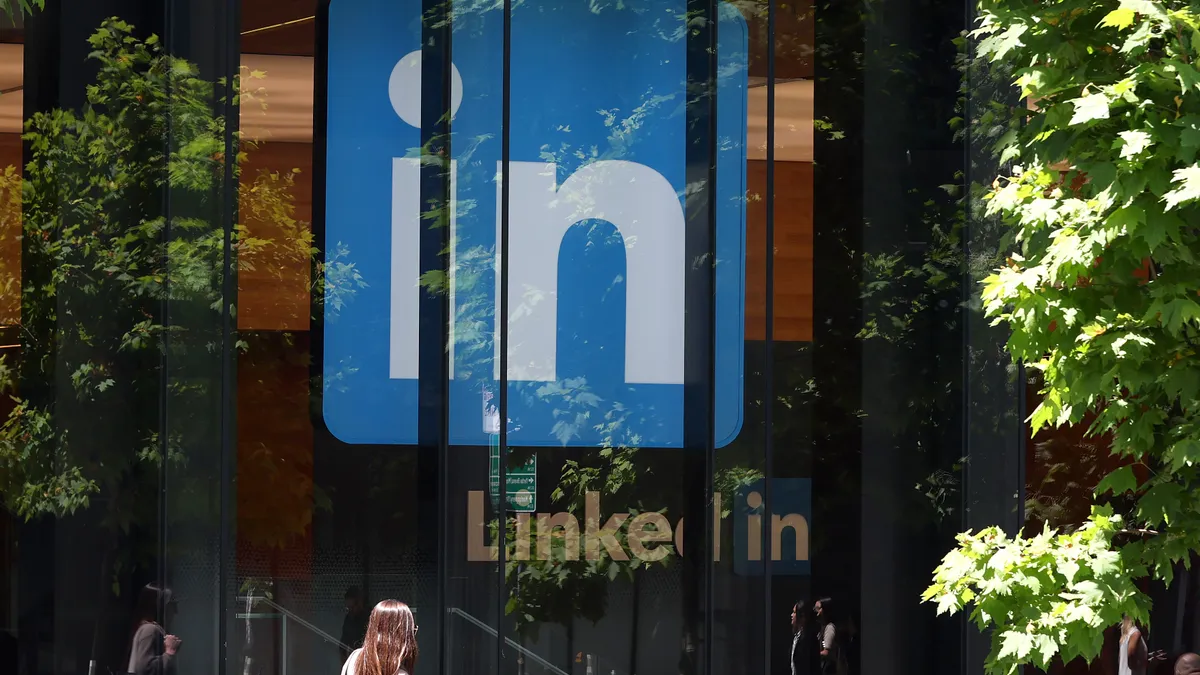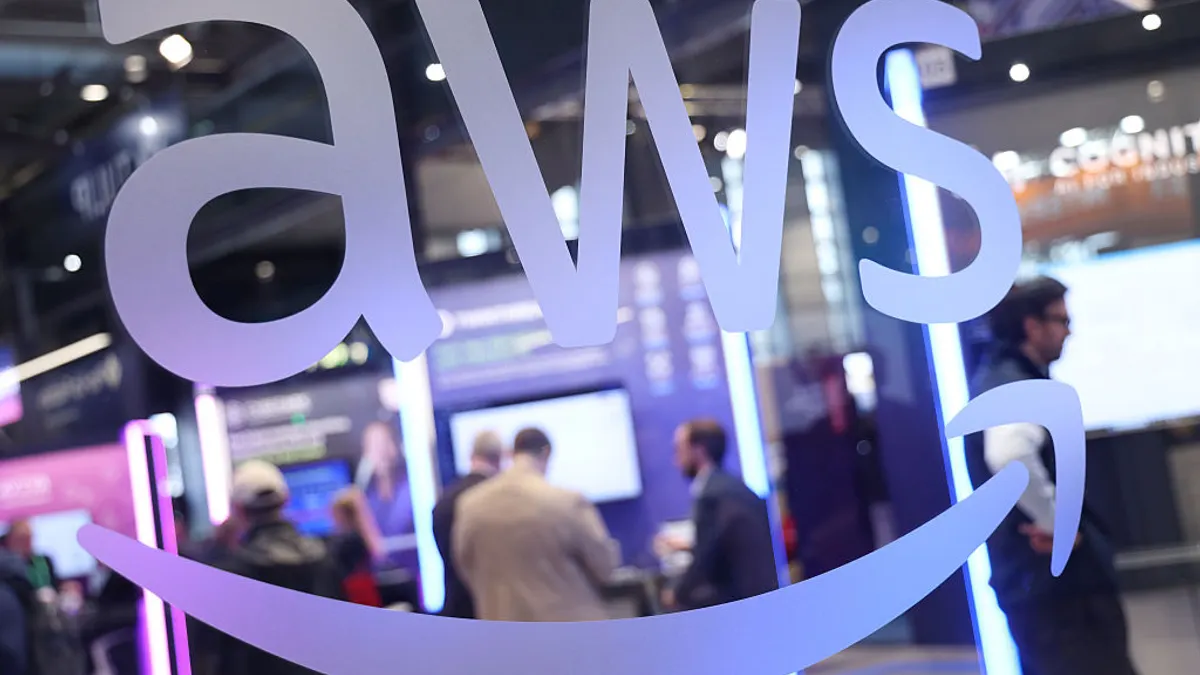The past 10 days have delivered a spate of high-profile firings and suspensions spurred by individuals’ comments about the fatal shooting of conservative influencer Charlie Kirk.
ABC, for example, took Jimmy Kimmel off the air indefinitely following comments he made in his monologue regarding the alleged shooter. MSNBC similarly booted Matthew Dowd for on-air comments, but social media posts also seem to be the catalyst for employment actions.
The Washington Post fired Karen Attiah. Riverside Walter Reed Hospital in Virginia reportedly fired an anesthesiologist; similarly, a Children’s Healthcare hospital in Georgia reportedly fired one of its healthcare employees. And according to the Department of Transportation Secretary Sean Duffy, American Airlines workers also were removed for “celebrating the assassination” of Kirk. Employees at Clemson University, Cumberland University, The University of Mississippi and Middle Tennessee State University have been canned for Kirk-related online statements.
These high-profile actions are a reminder to employers of the importance of solid social media policies, according to experts — akin to the advice following protests about George Floyd’s murder and the Israel-Hamas war.
Devise best practices for handling employee comments
“Things that are said outside of work very often become relevant at work,” Sam Schwartz-Fenwick, partner at Seyfarth Shaw’s and leader of the firm’s cultural flashpoints group, told HR Dive. Sometimes a co-worker sees a social post and reports it to management; other times, a member of the public sees a popular post and doxxes the author.
The maelstrom around Charlie Kirk’s shooting “is only the latest example of inappropriate or ill-conceived statements that have gone viral and led to job action,” Schwartz-Fenwick said. “Putting it in that context is helpful, because it allows employers to say, ‘How have we handled issues like this in the past?’”
Past action for similar instances may be a good starting point: Schwartz-Fenwick pointed not only to employer responses to comments made about Floyd’s murder and the Israel-Hamas war, but also inflammatory statements made during the beginning of the COVID-19 pandemic: Employers found themselves needing to step in when Asian-American advocacy groups and Jewish heritage groups alike noted an uptick in racist sentiments and hate crimes due to alleged COVID-19 conspiracies. HR professionals may find guidance in how the employer previously handled any such issues.
Weigh off-duty conduct
While social media may be abuzz with discussions about free speech laws, such protections generally do not shield private-sector employees from adverse employment actions, according to Andrew Zelman, a partner at Berger Singerman.
Private employers have the discretion to terminate at-will employees based on social media posts or comments, without running afoul of those laws, he told HR Dive via email.
Still, there are HR considerations outside of the First Amendment: “Something you do have to be careful about before you make an employment decision is whether or not you’re in a state that has rules protecting employees in their off-duty conduct and in their political speech,” Schwartz-Fenwick said.
“You want to make sure that whatever action you’re thinking [about taking] wouldn’t run afoul of those state laws. Typically, calling for a violent attack on anyone is pretty squarely outside the scope of the law,” he continued, adding that HR pros need to “look at the context” to decide whether a post could be construed as political speech.
Consider NLRA implications
HR also may need to consider the National Labor Relations Act’s protections, both attorneys said. That law protects a worker’s right to engage in “concerted activities” related to collective bargaining or mutual aid.
“Certainly, under the Biden administration, the National Labor Relations Board took a very broad view of what could constitute terms and conditions of employment,” Schwartz-Fenwick said.
For instance, the existence of the Black Lives Matter movement may be seen as a social issue. But wearing BLM gear can be a way to call out racism at work, he said. The Biden-era NLRB ruled as much in a Home Depot case involving a BLM sticker on an apron.
“It’s unclear whether or not the Trump board will continue with that type of broad approach, if and when they have a new board,” Schwartz-Fenwick said of the state of NLRA interpretation. “How far that extends is somewhat of a gray area right now.”
Aim for thoughtfulness, clarity
“For a lot of employers, there is no greater value than having a culture of free speech and broad discourse at work, and there’s a lot of reluctance to try to wind that down,” Schwartz-Fenwick said. “Employers with those views might want to have a very narrowly tailored policy that would just be limited to statements that would violate the anti- harassment or discrimination policy.”
Other companies may need to codify what Schwartz-Fenwick called “reputational harm” — especially if a worker is posting with their employer’s name attached to their account or they appear to be acting as a representative of the company.
“You want to make sure that those carve-outs are explicit in the policy,” Schwartz-Fenwick said.
Zelman added that any such policy should include a clear statement that “violation of the social media policy will be subject to discipline” and that “enforcement is uniformly applied by the company.”



